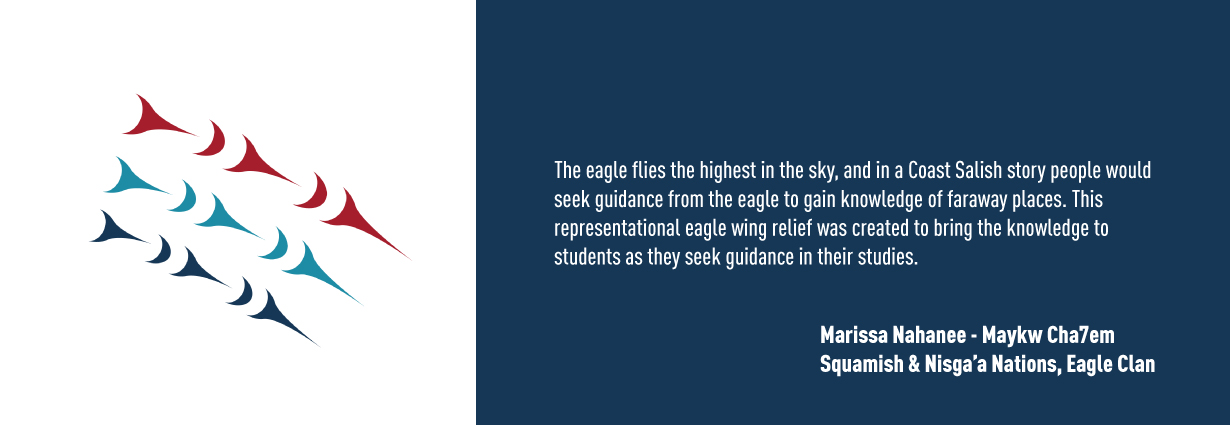
Culturally Responsive Pedagogy: Working Towards Decolonization, Indigeneity and Interculturalism Fatima Pirbhai-Illich, Shauneen Pete (Nehiyaw), Fran Martin, eds. (2017).
"This book convincingly argues that effective culturally responsive pedagogies require teachers to firstly undertake a critical deconstruction of Self in relation to and with the Other; and secondly, to take into account how power affects the socio-political, cultural and historical contexts in which the education relation takes place. The contributing authors are from a range of diaspora, indigenous, and white mainstream communities, and are united in their desire to challenge the hegemony of Eurocentric education and to create new educational spaces that are more socially and environmentally just." Palgrave
Decolonizing and Indigenizing education in Canada Sheila Cote-Meek (Anishnaabe), Taima Moeke-Pickering, eds. (2020).
"This expansive collection explores the complexities of decolonization and indigenization of post-secondary institutions. Seeking to advance critical scholarship on issues including the place of Indigenous epistemologies, knowledges, curriculum, and pedagogy, Decolonizing and Indigenizing Education in Canada aims to build space in the academy for Indigenous peoples and resistance and reconciliation." Canadian Scholars
Decolonizing the classroom : Confronting white supremacy in teacher education Jessica S. Krim and Jennifer M. Hernandez (2021).
"This book analyzes the multiple ways in which educator preparation programs continue to center whiteness and white supremacy. Innovative and affective practices are offered by the authors to enhance our educator preparation programs to center the lived experiences of students with marginalized identities in order to create a high-quality, equitable, educational experience." Rowman & Littlefield
Ensouling our schools: A universally designed framework for mental health, well-being, and reconciliation Jennifer Katz, Kevin Lamoureux (2018).
"In an educational milieu in which standards and accountability hold sway, schools can become places of stress, marginalization, and isolation instead of learning communities that nurture a sense of meaning and purpose. In Ensouling Our Schools, author Jennifer Katz weaves together methods of creating schools that engender mental, spiritual, and emotional health while developing intellectual thought and critical analysis. Kevin Lamoureux contributes his expertise regarding Indigenous approaches to mental and spiritual health that benefit all students and address the TRC Calls to Action."
First Peoples Principles of Learning Jo Chrona (Kitsumkalum First Nation), 2014
"This site is created to help educators in British Columbia understand how they might incorporate the First Peoples Principles of Learning (FPPL) into their classrooms and schools." While aimed at high school educators, the author provides great information on the principles, using authentic Indigenous sources, and a professional development activity for educators. This activity could be adapted for students.
Indigenous Education: The National Centre for Collaboration
The National Centre for Collaboration in Indigenous Education connects communities with each other to share their stories about Indigenous education across Canada and around the world. This website includes interviews, videos, and teaching resources for all age groups, from communities and nations across this place called Canada.
Learning and teaching together : Weaving Indigenous ways of knowing into education Michele T.D. Tanaka (2016).
"Far more than a how-to book, Learning and Teaching Together introduces teachers of all levels to an indigenist approach to education. Tanaka recounts how pre-service teachers enrolled in a crosscultural course in British Columbia immersed themselves in indigenous ways of learning and teaching by working alongside indigenous wisdom keepers. Together, they transformed cedar bark, buckskin, and wool into a mural that tells stories about the land upon which the course took place. In the process, they discovered new ways of learning that support not only intellectual but also tactile, emotional, and spiritual forms of knowledge." UBC Press
Starting from now, learning to see : Introducing pre-service teachers to the process of Indigenous education through a phenomenological art inquiry Shannon Leddy (Métis, 2018, SFU Faculty of Education PhD dissertation)
"This thesis explores how a practice in phenomenological art inquiry might help pre-service teachers begin decolonizing themselves so they are better prepared to include Indigenous education in their lessons in sensitive and culturally relevant ways."
Teaching truly : a curriculum to Indigenize mainstream education Four Arrows (Don Trent Jacobs) with Kathryn England-Aytes, Greg Cajete (Tewa from Santa Clara Pueblo), R. Michael Fisher, Barbara Alice Mann (Seneca), Ed Mcgaa (Oglala Lakota), Mark Sorensen (2013).
"Incorporating reality-based teaching common in traditional Indigenous learning cultures, each chapter first exposes educational hegemony, including that existing within the new common core standards, and then offers alternative, time-tested perspectives and exercises to counter and/or counter-balance such hegemony." GoodReads
